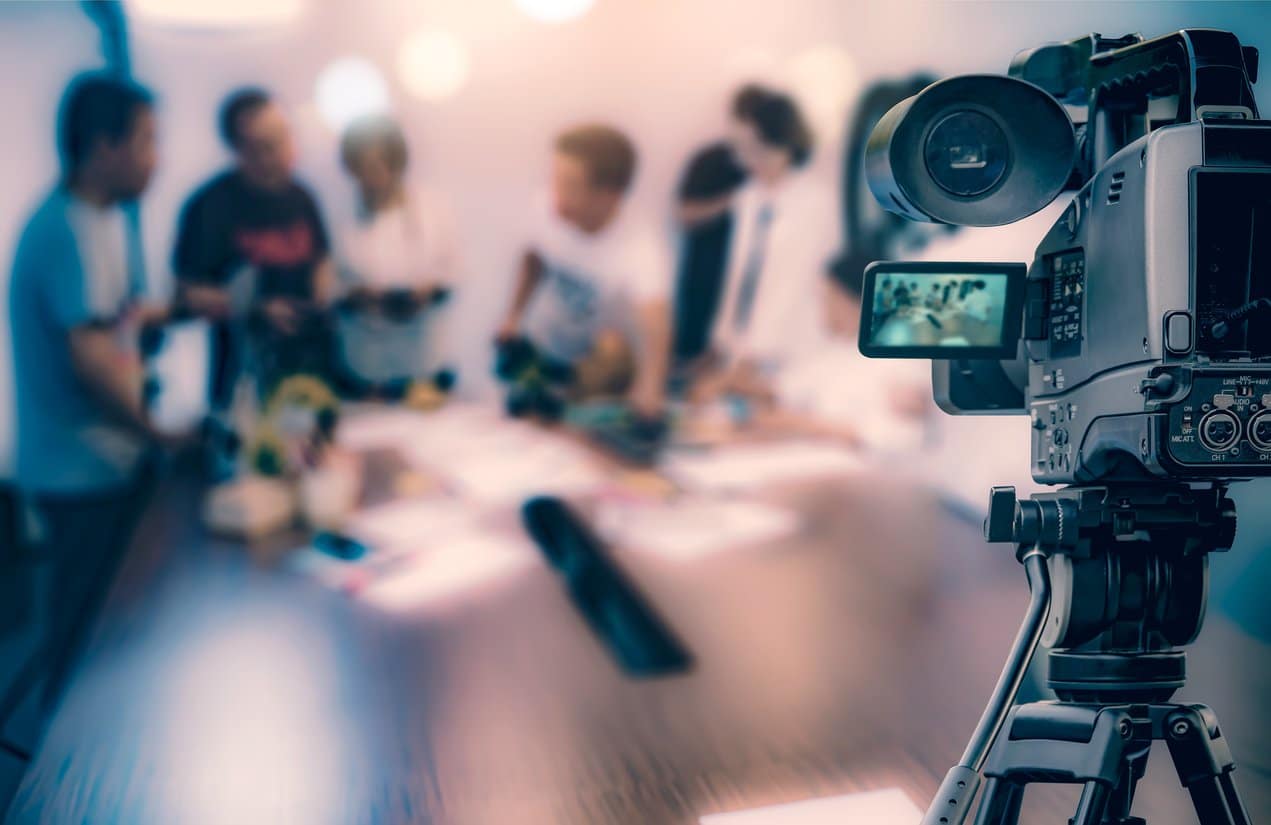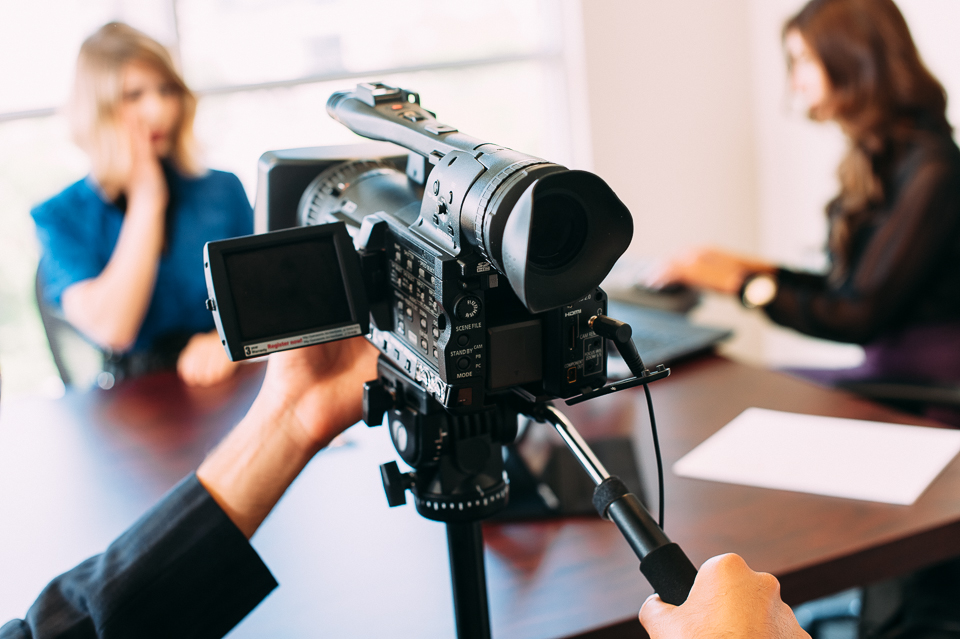Full-Service Legal Videography for Recording Legal Proceedings.
Full-Service Legal Videography for Recording Legal Proceedings.
Blog Article
The Function of Legal Videography in Depositions and Trials
Legal videography has arised as a vital tool in both depositions and tests, offering a complex method to documenting witness statements. As legal professionals increasingly recognize its value, it prompts a much deeper exam of exactly how these visual records can influence juror assumptions and test outcomes.
Relevance of Lawful Videography
Lawful videography plays a critical duty in the documentation and presentation of depositions and tests. This specialized area incorporates technological skills with lawful knowledge to develop a reliable record of proceedings that can significantly influence situation results. The visual aspect of lawful videography improves the understanding of witness testimony, allowing jurors and courts to observe not just the talked words yet also the disposition, emotions, and body language of the witnesses.

The relevance of lawful videography extends beyond the court; it likewise plays a vital function in protecting proof for future recommendation, whether for allures or further lawful action. Its integration into the legal process is crucial for guaranteeing a fair and exact depiction of the facts, ultimately adding to the search of justice.

Refine of Legal Videography
While catching the subtleties of depositions and trials, the procedure of legal videography involves several critical actions that ensure high-grade, exact recordings. Initially, a specialist legal videographer prepares by examining the instance materials and comprehending the specific demands of the deposition or test. This prep work includes familiarizing themselves with the participants and the context, which helps in catching relevant information.
On the day of the recording, the videographer sets up the required devices, which usually consists of high-def cams, microphones, and proper lighting. Guaranteeing optimal angles and sound top quality is important, as it straight affects the effectiveness of the recording. The videographer connects with lawyers and participants to establish protocols, ensuring that everybody recognizes the recording process.
During the deposition or test, the videographer meticulously videotapes the process, paying very close attention to both verbal and non-verbal hints. legal videography. This consists of recording the behavior and reactions of witnesses and attorneys. After the session wraps up, the videographer might edit the video footage for clearness and compliance with legal standards, creating an end product that properly shows the procedures for future recommendation and use in legal contexts
Benefits in Depositions
The unification of videography in depositions supplies numerous benefits that enhance the total procedure of gathering evidence. One main advantage is the capability to capture witness statements with aesthetic and auditory integrity, offering a much more precise depiction of the witness's behavior, tone, and body language. This multidimensional method enables lawyers and juries to examine credibility better than standard written records alone.
Additionally, videographed depositions work as a powerful tool for preserving testimony. Should a witness ended up being unavailable for test, their videotaped deposition can be played in court, making certain that their proof continues to be accessible and pertinent. This element considerably minimizes the danger of shedding crucial information that might affect case outcomes.
In addition, the use of legal videography advertises better preparation for lawyers. Evaluating video clip footage enables lawful teams to analyze and refine their techniques, determining staminas and weak points in their situations. This primary benefit can cause even more engaging presentations in court.
Last but not least, videography improves the general expertise of the deposition process, instilling self-confidence in clients regarding the thoroughness of their lawful representation. By leveraging modern technology, attorneys can dramatically improve the effectiveness of depositions.
Effect On Trials
In numerous tests, the combination of videography can considerably influence the discussion of proof and the jury's understanding. Lawful videography captures witness testaments and critical proof in a vibrant style, permitting jurors to involve with the material on numerous levels. This visual part enhances the narration aspect of a test, offering context and emotional resonance that traditional text-based evidence may do not have.
In addition, video clip recordings can function as powerful devices for impeachment during interrogation. When inconsistencies develop in between a witness's previous declarations and their courtroom statement, video clip evidence offers an objective page referral that can sway jurors' viewpoints. This immediacy and clarity can strengthen the reliability of a party's narrative while at the same time weakening opposing disagreements.
Additionally, using videography can help enhance complicated info, making it much more available to jurors who may struggle to grasp detailed information offered entirely with spoken testimony. my explanation By combining visuals with auditory details, lawful videography can improve retention and understanding, inevitably influencing the jury's decision-making process. The impact of videography in trials prolongs beyond mere looks; it plays an essential function in forming the legal landscape and outcomes.
Future Trends in Legal Videography
As we look towards the future of lawful videography, several emerging trends promise to reshape its role within the court. One considerable trend is the integration of expert system (AI) in video analysis and modifying - legal videography. AI can streamline the procedure of identifying essential minutes in tape-recorded depositions, allowing lawyers to rapidly access appropriate content, therefore enhancing performance in instance preparation
Additionally, the rise of online truth (VR) and increased fact (AR) technologies is anticipated to transform how jurors experience evidence. By submersing jurors in a substitute setting, these modern technologies can offer a more extensive understanding of complicated situations, causing more informed considerations.

Moreover, the enhancing need for remote depositions, increased by the COVID-19 pandemic, will likely proceed. Lawful videographers will require to adjust to brand-new software application and platforms to ensure high-grade recordings in online settings.
Finally, the growing focus on data safety and security will certainly demand stricter procedures for storing and sharing video evidence. As the legal landscape develops, legal videographers need to remain abreast of these patterns to keep you could try these out their significance and efficiency in the judicial procedure.

Final Thought
In recap, legal videography offers an essential feature in the judicial procedure, improving the honesty of depositions and trials. As modern technology proceeds to evolve, legal videography is positioned to more transform its role within the legal landscape.
Report this page